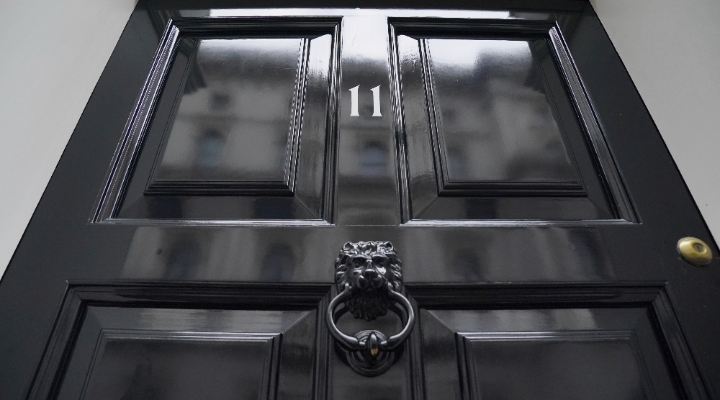This article is part of Morningstar's "Perspectives" series, written by third-party contributors. Here, Ian Dyall, estate planning expert at Tilney explains how not to get caught out by inheritance tax.
While changes to Inheritance Tax allowances have helped many families in recent years, plenty are still unnecessarily caught out by this tax. Even those who believe they have moderate wealth levels may still need to take action to minimise inheritance tax, particularly if they own property and have savings.
The nil rate band – a personal tax-free allowance on the value of an estate – was set at £325,000 in 2009 and will remain frozen until April 2021. This is despite the resurgence of property prices across the UK – for example, in London, the average house price is £496,000, well above the nil-rate threshold. An additional Residence Nil Rate Band of £100,000 was introduced last year which will rise to £175,000 over the next 3 tax years, but there are a number of qualifying rules and many people will not be able to fully benefit from it.

The nil rate band – a personal tax-free allowance on the value of an estate – was set at £325,000 in 2009 and will remain frozen until April 2021. This is despite the resurgence of property prices across the UK – for example, in London, the average house price is £496,000, well above the nil-rate threshold. An additional Residence Nil Rate Band of £100,000 was introduced last year which will rise to £175,000 over the next 3 tax years, but there are a number of qualifying rules and many people will not be able to fully benefit from it.
Fortunately, there are many steps that can be taken to reduce your inheritance tax bill. These can broadly be broken down into three strategies:
Maximise the Amount Which is Exempt
There are a variety of ways in which you can ensure more of your money will avoid inheritance tax upon your death. For widowed individuals who have remarried, redrafting wills may increase the nil rate band that the couple will be able to use. It is also important to decide whether to use any personal pensions you hold to fund your retirement or whether to leave them to your beneficiaries.
Reduce the Size of Your Estate by Gifting
Having saved for all their lives, many people find it uncomfortable to spend their savings, resulting in them being unnecessarily frugal and ultimately paying more tax. Spending is an overlooked solution for many people.
If you can afford to gift, then it is worth making use of the exemptions available, as these gifts may immediately reduce the inheritance tax liability on your estate. Regular gifts of income which are surplus to what you need to maintain your lifestyle are generally exempt, as is the first £3,000 of capital that an individual gifts away in a tax year.
Lifetime gifts to charity are also exempt, and if you leave at least 10% of your net estate, your total estate minus any exemptions and the nil rate band, to charity on death, then HMRC will reduce the inheritance tax rate on your remaining taxable assets from 40% to 36%. In practice this means, if you are currently planning to give at least 4% of your net estate to charity, you should consider increasing this to 10%, as your family would be no worse off and the charities you want to benefit would obviously be better off.
If you wish to gift in excess of the exemptions above, then you generally need to live for seven years after making the gift for it to be effective in reducing your inheritance tax liability. The gifts could be outright to your beneficiaries, or if you prefer to retain some control over the use of the money or protect the money, you may choose to gift into a trust.
Insure the Liability
Often an efficient way of paying your inheritance tax bill is to pre-fund it using life insurance. Whole of life assurance could cover the inheritance tax liability that remains once your gifting strategy has become fully effective, while term assurance can cover the liability that remains on gifts you have made until they become exempt after seven years.
A solution that may aid the estate of some people is investing in assets that qualify for Business Property Relief. These investments can provide inheritance tax savings in two years rather than the normal seven years, but it is important that you understand the risks of these products as well as the benefits.
The key to achieving an inheritance tax reduction will be to find the optimum balance between making tax-savings and keeping enough access to money that you may need in later years, including enough for unexpected costs such as that of long term care. Cash-flow forecasting from a financial adviser can help explore the impact of different scenarios on your later life, before recommending any gifts that you may make.
A version of this article was published in March 2014. It has been updated by the author to reflect the 2017/18 tax rules and allowances.
Morningstar Disclaimer
The views contained herein are those of the author(s) and not necessarily those of Morningstar. If you are interested in Morningstar featuring your content on our website, please email submissions to UKEditorial@morningstar.com.




























